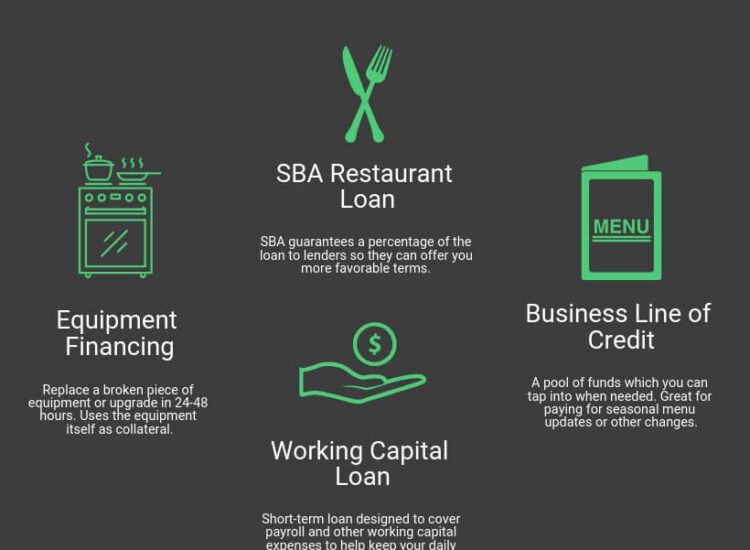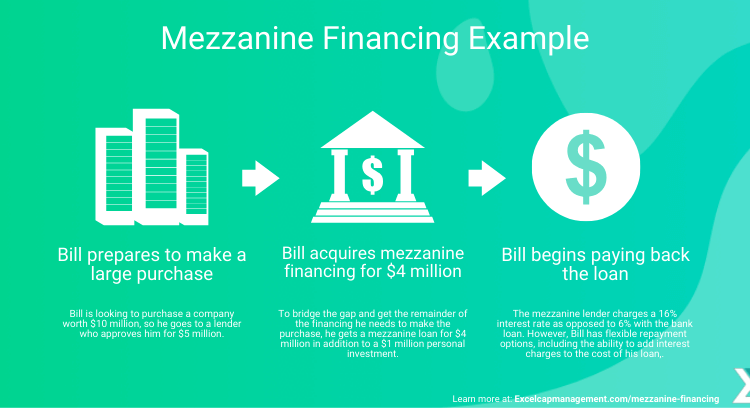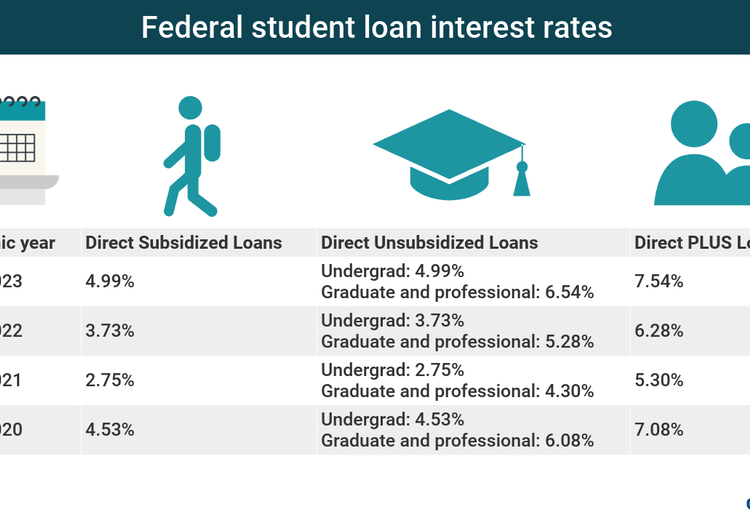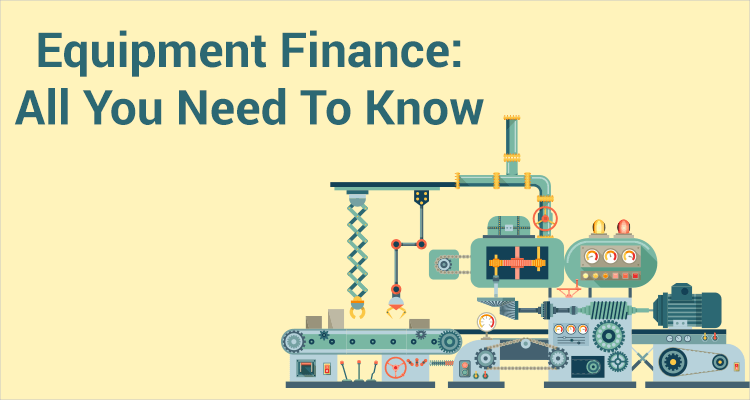Finding affordable car insurance is a significant challenge for many Americans. The average driver spends hundreds of dollars annually on premiums, and choosing the right policy can feel overwhelming. This guide analyzes the best car insurance consumer reports to help you navigate this complex landscape and find a suitable policy.
Toc
- 1. Understanding Consumer Reports Car Insurance Ratings
- 2. Top 10 Best Car Insurance Companies (Based on Consumer Reports Data)
- 3. Key Factors Influencing Car Insurance Rates
- 4. Related articles 01:
- 5. Understanding Car Insurance Coverage Options
- 6. Finding Discounts and Savings on Car Insurance
- 7. Current Trends in Car Insurance
- 8. Related articles 02:
- 9. Consumer Reports Best Home and Auto Insurance Companies
- 10. Addressing Common Concerns from Reddit and Other Online Forums
- 11. Recommended Car Insurance Coverage for California Drivers
- 12. Conclusion
Understanding Consumer Reports Car Insurance Ratings
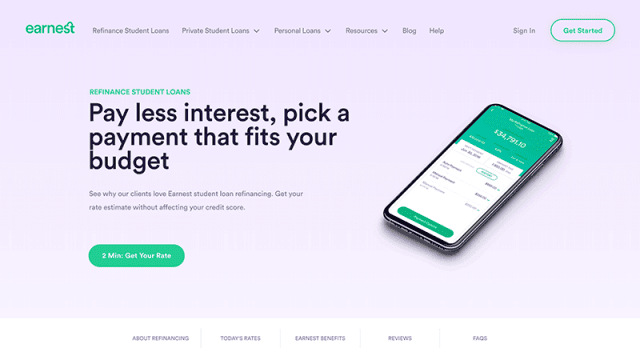
When searching for the best car insurance consumer reports, it’s essential to understand how Consumer Reports evaluates insurance providers. Consumer Reports is a trusted source that provides detailed ratings based on extensive research and feedback from policyholders. Their methodology includes several critical factors:
- Claims Handling: How efficiently and fairly a company processes claims.
- Customer Service: The quality of support offered to policyholders.
- Premiums: The competitiveness of pricing compared to other insurers.
- Coverage Options: The variety and comprehensiveness of policies available.
- Policy Clarity: How easy it is for consumers to understand the terms of their policies.
Consumer Reports ratings serve as a snapshot of how different insurers perform across these key areas, allowing consumers to make informed decisions. However, it’s crucial to recognize the limitations of these ratings. Individual experiences can vary significantly based on personal circumstances, such as driving history, geographic location, and specific coverage needs. Thus, while Consumer Reports ratings provide valuable guidance, it’s essential to conduct your own research and consider your unique situation.
Top 10 Best Car Insurance Companies (Based on Consumer Reports Data)
In 2024, Consumer Reports released its rankings for the best car insurance companies. Below is a table summarizing the top 10 best car insurance consumer reports, including their overall scores, pros and cons, availability, and unique features.
| Rank | Company | Overall Score | Pros | Cons | Availability | Unique Features |
|---|---|---|---|---|---|---|
| 1 | State Farm | 49/100 | Excellent customer service, competitive claims handling, multiple discounts available. | Higher rates for certain demographics, limited online purchasing options. | Nationwide | Offers safe driver programs like Drive Safe & Save. |
| 2 | USAA | 68/100 | Competitive rates for military families, high customer satisfaction, extensive coverage options. | Limited to military personnel and their families, higher rates for drivers with DUIs. | All 50 states | Provides additional discounts through SafePilot, a telematics program. |
| 3 | Progressive | 41/100 | Competitive rates for high-risk drivers, user-friendly online quote system. | Mixed customer service ratings, potential rate increases for usage-based insurance (UBI) participants. | Nationwide | Snapshot program rewards safe driving habits. |
| 4 | Geico | 42/100 | Low introductory rates, extensive coverage options, numerous discounts. | Rate increases for long-term customers, mixed reviews on customer service. | Nationwide | Offers a telematics program called DriveEasy. |
| 5 | Allstate | 43/100 | Wide range of coverage options, strong financial stability. | Higher rates for young drivers and those with prior violations. | Nationwide | Provides several telematics options for discounts. |
| 6 | American Family Insurance | 44/100 | Strong reputation for customer service, various coverage options. | Limited availability in some states, rate increases for certain demographics. | Selected states | Offers accident forgiveness for safe drivers. |
| 7 | Travelers | 43/100 | Strong claims handling, good discounts for safe driving. | Higher rates for some drivers, customer service issues reported. | Nationwide | IntelliDrive program for additional savings. |
| 8 | Nationwide | 49/100 | Lower rates compared to many competitors, good customer service. | Higher rates for high-risk drivers. | Nationwide | SmartRide program offers discounts based on driving habits. |
| 9 | Erie Insurance | 72/100 | High customer satisfaction, personalized service. | Limited to specific states, fewer discount options. | 12 states and Washington D.C. | Rate lock feature prevents increases for one year. |
| 10 | Farmers Insurance | 38/100 | Broad coverage options, good for bundling policies. | Higher premiums, customer service complaints. | Nationwide | Offers many add-on options to customize policies. |
Important Note on Regional Availability
The availability of insurance providers can vary significantly by state. It’s crucial to check the specific coverage options and rates available in your area. Many companies have unique programs tailored to specific regions, making it essential to research thoroughly before making a decision.
Key Factors Influencing Car Insurance Rates
Understanding the factors that influence car insurance rates is vital in finding the best coverage at the most competitive price. Here are the primary elements to consider:
Driving Record
Your driving history is one of the most significant factors influencing your premiums. Insurers typically review your record for the past three to five years. Accidents, traffic violations, and DUIs can lead to higher rates. Safe driving habits can help you secure lower premiums, so maintaining a clean record is essential.
Credit-Based Insurance Score
Beyond driving history, your credit-based insurance score (CBIS) significantly impacts your premiums. Many insurers use CBIS to assess risk, with lower scores correlating to higher premiums. This practice is controversial; for instance, California prohibits the use of CBIS for auto insurance. However, in states where it’s allowed, a lower credit score can lead to significantly higher premiums, potentially costing you hundreds of dollars annually.
Geographic Location
Where you live plays a critical role in determining your car insurance rates. Urban areas typically experience higher accident rates and theft incidents, leading to increased premiums. Conversely, rural areas may offer lower rates due to fewer claims. Understanding your area’s risk factors can help you anticipate your potential insurance costs.
Vehicle Type
The make and model of your vehicle significantly influence your insurance costs. High-performance cars and luxury vehicles often come with higher premiums due to increased repair costs and a greater likelihood of theft. In contrast, safer vehicles equipped with advanced safety features may earn you discounts. When shopping for insurance, consider how your vehicle choice impacts your premium.
Age and Marital Status
Younger drivers generally pay more for insurance due to their inexperience on the road. Additionally, marital status can impact rates, with married individuals often receiving lower premiums compared to their single counterparts, as they are statistically less likely to file claims. If you’re a young driver, consider factors like educational achievements or safe driving courses that may help lower your rates.
3. https://khositrangsuc.com/mmoga-best-workers-comp-insurance-for-your-small-business/
4. https://khositrangsuc.com/mmoga-best-car-insurance-in-nevada-your-essential-guide/
Coverage Level
The amount of coverage you choose directly affects your premium. Opting for higher limits, comprehensive coverage, or additional protections will increase your costs. It’s essential to find a balance between adequate protection and affordability based on your unique circumstances. Understanding the minimum coverage requirements in your state can also help you make informed decisions about your policy.
Understanding Car Insurance Coverage Options
Navigating the various types of car insurance coverage can be challenging. Here’s a breakdown of the essential coverage options recommended by Consumer Reports:
Liability Coverage
Liability coverage is fundamental for any car insurance policy. Adequate liability limits are crucial to protect your assets if you’re sued after an accident. It protects you financially if you cause an accident that injures someone or damages their property. Most states have minimum requirements, but experts often recommend higher limits for better protection.
Collision Coverage
Collision coverage pays for damages to your vehicle resulting from a collision, regardless of who is at fault. While not mandatory, it can be beneficial if you have a newer or more valuable car. This coverage helps you avoid significant out-of-pocket expenses in the event of an accident.
Comprehensive Coverage
Comprehensive coverage protects against non-collision-related incidents, such as theft, vandalism, or natural disasters. If your vehicle is financed, your lender may require this coverage. This coverage is especially valuable for those living in areas prone to severe weather or high theft rates.
Uninsured/Underinsured Motorist Coverage
This coverage is vital for protecting yourself if you’re involved in an accident with a driver who lacks adequate insurance. It can help cover medical expenses and damages to your vehicle in such situations. Given the number of uninsured drivers on the road, this coverage is highly recommended.
Recommended Coverage Levels
While Consumer Reports recommends a minimum of 100/300/100 for liability coverage, it’s important to acknowledge that this may not be feasible for everyone. Financial constraints or a higher risk tolerance might lead some individuals to opt for lower coverage limits, even though this increases their potential financial exposure in an accident.
Finding Discounts and Savings on Car Insurance
Understanding how to find discounts can significantly reduce your car insurance costs. Here are some strategies to consider:
Usage-Based Insurance (UBI)
Many insurers offer UBI programs that monitor driving behavior and can lead to discounts for safe driving. Programs like Progressive’s Snapshot and State Farm’s Drive Safe & Save reward responsible drivers with lower premiums. If you’re a cautious driver, participating in these programs can help you save money over time.
Common Discounts
Insurance companies provide various discounts that can help you save money. Some common ones include:
- Bundling: Save by combining auto and home insurance policies.
- Good Student Discounts: Students with good grades may qualify for lower rates.
- Safe Driver Discounts: Many companies reward drivers with clean records.
- Multi-Car Discounts: Insuring multiple vehicles can lead to savings.
Make sure to ask your insurer about available discounts, as they can vary by company.
Comparison Shopping
Always compare quotes from multiple insurers. Online comparison tools make it easy to evaluate different policies and find the best rates. Don’t hesitate to reach out to agents for personalized quotes based on your specific situation. Being proactive in your search can lead to significant savings.
Negotiating Rates
Once you have multiple quotes, consider negotiating with insurance companies. Sharing competing offers may lead to better rates or improved coverage options. Insurance providers are often willing to work with you to retain your business, especially if you present them with competitive offers from other companies.
Current Trends in Car Insurance
The use of telematics and usage-based insurance (UBI) is rapidly expanding. A 2023 study showed a 40% increase in UBI adoption since 2020. Insurers like Metromile and Lemonade are leading the way with programs that offer significant discounts based on driving behavior tracked via smartphone apps or telematics devices. This trend reflects a shift towards more personalized insurance premiums, where responsible driving is rewarded more than traditional underwriting methods.
1. https://khositrangsuc.com/mmoga-best-car-insurance-in-nevada-your-essential-guide/
3. https://khositrangsuc.com/mmoga-best-workers-comp-insurance-for-your-small-business/
Consumer Reports Best Home and Auto Insurance Companies
Combining home and auto insurance can lead to significant savings. Consumer Reports highlights the benefits of bundling, which can also simplify your billing and policy management. By choosing an insurer that offers both home and auto insurance, you can often enjoy discounted rates.
Top-Rated Companies Offering Bundled Policies
Here are some of the Consumer Reports best home and auto insurance companies that offer bundling options:
- State Farm: Known for excellent customer service and a wide range of coverage options.
- Allstate: Offers a variety of discounts for bundling policies.
- USAA: Highly rated for military families, providing substantial savings for bundling.
- Farmers Insurance: Offers customization and add-on options for bundled policies.
Bundling not only saves you money but also simplifies your insurance management by having all your policies with one provider.
Addressing Common Concerns from Reddit and Other Online Forums
Consumer experiences and discussions on platforms like Reddit can provide valuable insights. Here are some common concerns and solutions based on user feedback:
Rate Hikes
Many users report unexpected rate increases, which can be frustrating. It’s essential to ask your insurer about the reasons behind these hikes and explore options for reducing your premiums. Regularly reviewing your policy and making adjustments can help mitigate future increases. Consider discussing your situation with your insurer to understand your options.
Claims Processing
Delays and complications during claims processing are frequent complaints. To avoid issues, ensure you understand your policy’s claims process and keep documentation organized. If you encounter problems, don’t hesitate to escalate your concerns within the company. Staying proactive can help you navigate the claims process more smoothly.
Customer Service
Good customer service is paramount when selecting an insurance provider. Look for companies with high ratings in customer service, and consider reading reviews to gauge other consumers’ experiences. Engaging with customer service representatives before purchasing a policy can also provide insight into the level of support you can expect.
Recommended Car Insurance Coverage for California Drivers
For California drivers, specific coverage recommendations may apply. Given the state’s unique traffic conditions and legal requirements, it’s essential to understand what coverage is necessary.
California-Specific Recommendations
Drivers in California are required to carry minimum liability coverage of 15/30/5. However, many experts recommend higher limits to protect against potential liabilities. Comprehensive and collision coverage can also be beneficial, particularly for those with newer vehicles. Given the high cost of living and vehicle repair in California, ensuring you have adequate coverage is crucial.
Conclusion
Navigating the world of car insurance can be complex, but understanding the best car insurance consumer reports and what factors affect your rates can lead to better decision-making. By evaluating your unique needs, leveraging discounts, and considering the insights from Consumer Reports, you can find a policy that provides both adequate coverage and financial peace of mind. Start comparing quotes today to secure the best possible coverage for your vehicle and driving habits.
By taking the time to understand your options and actively seeking the best deals, you can find the right insurance coverage that meets your needs while saving you money in the long run.
